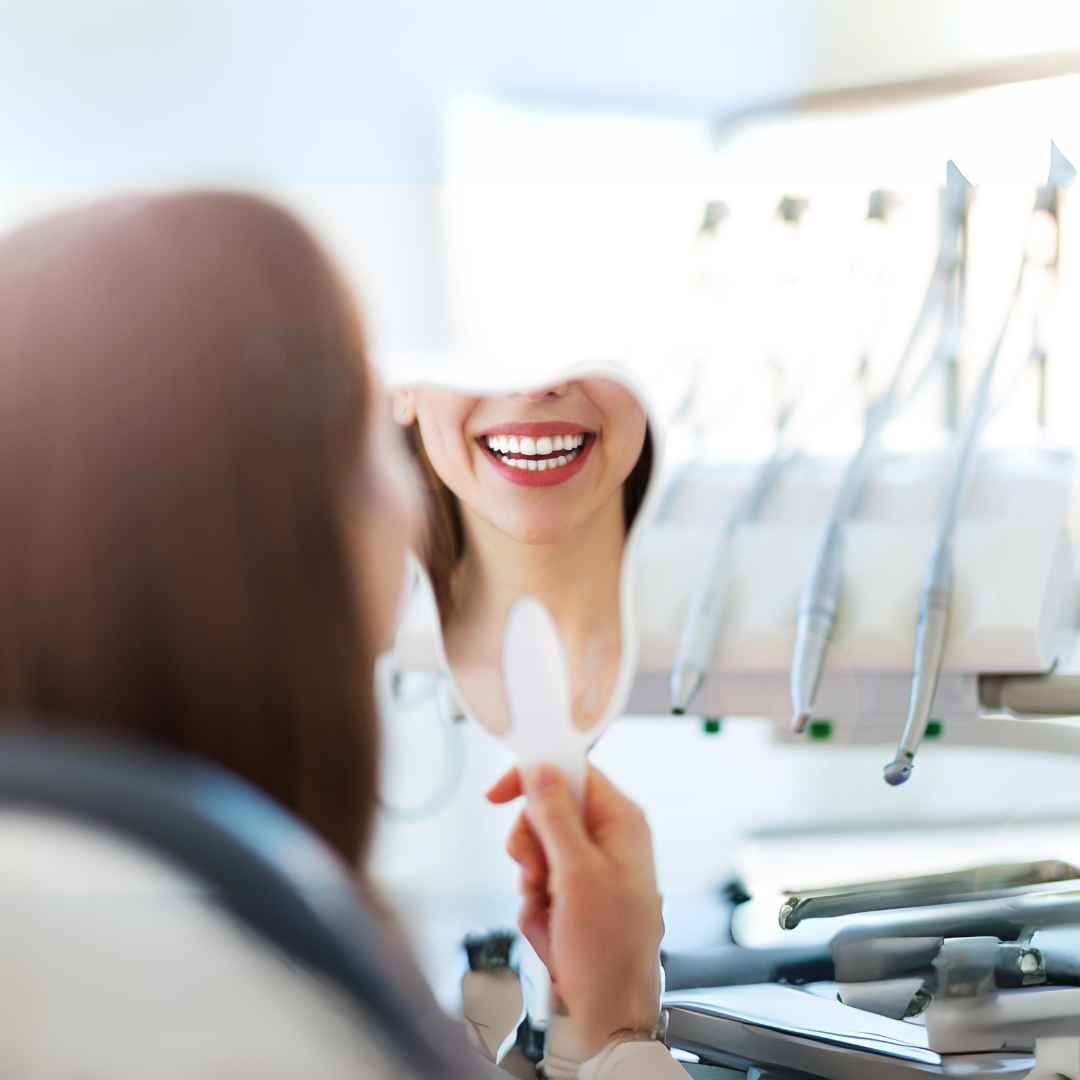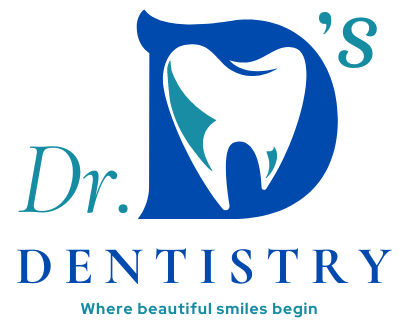Pregnancy is a transformative time, filled with excitement and anticipation as you prepare for the arrival of your baby. However, amid all the changes, it’s crucial not to overlook your dental health. Many expecting mothers are unaware of the unique challenges and risks that pregnancy poses to oral health. Neglecting dental care during this period can lead to various complications, not just for you but also for your developing baby. In this article, we will explore the hidden risks associated with neglecting your teeth during pregnancy and how to maintain optimal dental health.
Understanding the Link Between Pregnancy and Oral Health
During pregnancy, hormonal fluctuations can significantly affect your oral health. Increased levels of hormones, particularly progesterone and estrogen, can cause your gums to become more sensitive to plaque and bacteria. This sensitivity can lead to inflammation, commonly known as pregnancy gingivitis, which can progress to more severe gum disease if not addressed. Here are some of the hidden risks associated with neglecting dental health during pregnancy:
1. Pregnancy Gingivitis
What it is:
Pregnancy gingivitis is characterized by swollen, red gums that may bleed during brushing or flossing. This condition affects many pregnant women due to hormonal changes that heighten the response of gum tissue to plaque.
Why it matters:
If left untreated, pregnancy gingivitis can advance to periodontitis, a more severe form of gum disease that can lead to tooth loss and has been associated with pregnancy complications like preterm birth.
What to do:
- Maintain a consistent oral hygiene routine, including brushing twice daily and flossing.
- Schedule regular dental cleanings throughout your pregnancy to manage plaque buildup and keep gingivitis in check.
2. Tooth Decay and Cavities
What it is:
Pregnancy cravings for sugary snacks and changes in eating habits can increase the risk of cavities. Additionally, frequent vomiting due to morning sickness can expose Neglecting your teeth to stomach acids, which can erode enamel.
Why it matters:
Untreated cavities can lead to tooth infections, pain, and even systemic health issues that may affect both you and your baby.
What to do:
- Rinse your mouth with water after vomiting to neutralize acids.
- Limit sugary foods and beverages, opting for healthier snacks like fruits and vegetables.
- Visit your dentist for routine check-ups and treatments to address cavities promptly.
3. Increased Risk of Infections
What it is:
Poor oral health can lead to infections in the mouth, which can have systemic effects. Gum disease and tooth infections may release harmful bacteria into the bloodstream.
Why it matters:
Infections during pregnancy have been linked to complications such as low birth weight and premature labor. Ensuring good oral health is vital to reduce the risk of these serious outcomes.
What to do:
- Practice good oral hygiene and get regular dental care to keep infections at bay.
- If you notice signs of infection, such as persistent pain or swelling, seek prompt dental treatment.
The Impact of Oral Health on Overall Pregnancy Outcomes
Research has shown a correlation between poor oral health and adverse pregnancy outcomes. Neglecting your teeth can lead to conditions that not only impact your oral health but may also affect your baby’s development. Some studies suggest that women with untreated gum disease are at a higher risk of having a preterm birth or delivering a baby with low birth weight.
1. Potential Connection to Preterm Birth
While the exact mechanisms are not fully understood, inflammation caused by gum disease may trigger labor. This risk emphasizes the importance of maintaining good oral health throughout pregnancy to help prevent premature labor.
2. Low Birth Weight Concerns
Babies born to mothers with periodontal disease may be more likely to have a low birth weight, which can lead to complications. Ensuring proper dental care can contribute to healthier pregnancy outcomes.
Navigating Dental Care During Pregnancy
To ensure the health of both you and your baby, it’s essential to prioritize dental care during pregnancy. Here are some steps to help you navigate dental care safely:
1. Schedule Regular Dental Visits
Don’t put off dental appointments during pregnancy. Routine check-ups and cleanings are vital to monitoring your oral health. Let your dentist know you’re pregnant so they can tailor treatments accordingly.
2. Communicate with Your Healthcare Team
Keep an open line of communication with both your dentist and obstetrician. Discuss any dental concerns you may have and inform them of your complete medical history and any medications you are taking.
3. Practice Good Oral Hygiene
Commit to a daily oral hygiene routine that includes Neglecting your teeth twice a day with fluoride toothpaste and flossing daily. This will help prevent plaque buildup and reduce your risk of gum disease and cavities.
4. Eat a Balanced Diet
Nutrition plays a significant role in maintaining oral health. Consume a well-balanced diet rich in vitamins and minerals, particularly calcium and vitamin D, which are essential for Neglecting teeth and bones. Limit sugary snacks and drinks to prevent cavities.
5. Address Morning Sickness Properly
If you experience morning sickness, rinse your mouth with water or a baking soda solution after vomiting to neutralize acids and Neglecting your teeth. Avoid brushing immediately after vomiting, as this can further damage softened enamel.
Conclusion: Prioritizing Your Dental Health During Pregnancy
Neglecting dental health during pregnancy can lead to significant risks that affect both you and your baby. By recognizing the potential complications associated with poor oral hygiene and taking proactive steps to maintain your dental health, you can help ensure a healthier pregnancy.
Make dental care a priority by scheduling regular check-ups, practicing good oral hygiene, and communicating openly with your healthcare providers. A healthy mouth contributes to a healthy body, and prioritizing your dental health is an essential part of caring for both yourself and your growing baby. By staying informed and proactive, you can navigate dental care safely during pregnancy and enjoy a brighter, healthier smile for the months to come.
Additional Considerations for Dental Health During Pregnancy
Maintaining oral health during pregnancy is crucial, but there are additional factors to consider that can further support your dental care routine and overall well-being:
1. Stay Informed About Oral Health Changes
Understanding how pregnancy affects your body, including your oral health, can empower you to take proactive steps. Be aware of the common changes that occur during pregnancy, such as increased blood flow to the gums and heightened sensitivity. Being informed can help you recognize potential issues early and address them promptly.
2. Consider Prenatal Vitamins with Calcium and Vitamin D
Taking prenatal vitamins is essential for both your health and your baby’s development. Ensure that your prenatal vitamins include calcium and vitamin D, which are important for maintaining Neglecting teeth and bones. Calcium is particularly crucial during pregnancy, as your body uses it to support the development of your baby’s teeth and bones.
3. Manage Stress and Anxiety
Pregnancy can be a stressful time, and stress can negatively impact your oral health. Stress may lead to habits such Neglecting teeth grinding (bruxism), which can cause tooth wear and jaw pain. Consider stress-reducing techniques such as prenatal yoga, meditation, or gentle exercise to help manage anxiety.
4. Explore Safe Dental Products
Certain dental products may not be suitable during pregnancy due to their ingredients. For example, some mouthwashes contain alcohol or other harsh chemicals that may not be ideal for expecting mothers. Look for products labeled as safe for pregnancy or consult your dentist for recommendations on safe oral hygiene products.
What to Do in Case of Dental Emergencies
Dental emergencies can happen at any time, and knowing how to respond is essential, especially during pregnancy. Here’s how to handle common dental emergencies:
1. Severe Toothache
If you experience a sudden, severe toothache, rinse your mouth with warm saltwater to reduce swelling and discomfort. Over-the-counter pain relief options like acetaminophen are generally considered safe during pregnancy, but consult your healthcare provider for personalized advice.
2. Swollen or Bleeding Gums
If you notice swollen or bleeding gums, maintain your oral hygiene routine and consider using an antimicrobial mouthwash. If the symptoms persist, schedule an appointment with your dentist to assess the situation.
3. Knocked-Out Tooth
If a tooth is knocked out, try to reinsert it gently into the socket. If that’s not possible, place the tooth in a cup of milk or saline solution and seek emergency dental care as soon as possible.
4. Broken or Cracked Tooth
For a broken or cracked tooth, rinse your mouth with warm water and apply a cold compress to reduce swelling. Schedule an emergency dental appointment for evaluation and treatment.
Building a Support System
Having a support system in place during pregnancy can make a significant difference in managing your health and well-being, including your dental health. Here are a few tips to help build your support network:
- Engage with Healthcare Providers: Establish a good relationship with your dentist and obstetrician. Don’t hesitate to reach out to them with any concerns or questions about your dental health.
- Join Pregnancy Groups: Connecting with other expecting mothers through prenatal classes or online forums can provide emotional support and valuable advice on managing health, including dental care.
- Involve Your Partner or Family: Share your dental care goals and concerns with your partner or family members. They can help remind you to keep up with your appointments and encourage you to maintain good oral hygiene practices.
Conclusion: Empowering Yourself for a Healthy Smile
Understanding the hidden risks associated with neglecting dental health during pregnancy is vital for every expecting mother. By prioritizing your oral care, you are not only protecting your own health but also ensuring the best possible outcomes for your baby. Regular dental visits, consistent oral hygiene practices, and open communication with your healthcare providers will empower you to maintain a healthy smile throughout your pregnancy.
Your dental Neglecting is a vital part of your overall health, and taking proactive steps now will help you enjoy a healthy pregnancy. As you navigate this exciting journey, remember that investing in your oral health is an investment in your well-being and the well-being of your baby. By staying informed, proactive, and connected with your support network, you can enjoy a brighter smile and a healthier pregnancy experience.



